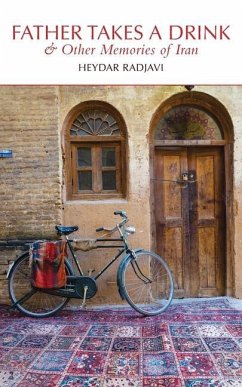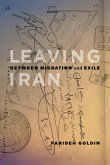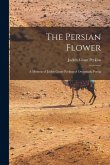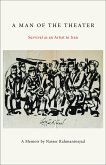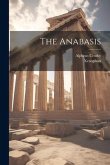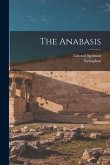Heydar Radjavi's memories of the 1930s and 1940s, when he was growing up in Iran (a country he describes as one that has been "in ambivalent flirtation with modernity for the past hundred years"), are a delightful and moving evocation of a vanished past. His wise, witty, gentle, and eminently humane voice is one that is irresistibly attractive, and the anecdotes he recounts have a quiet, resonant charm that stays in the mind long after the book is closed. This little book is a gem, as a memoir and as a human document.
Hinweis: Dieser Artikel kann nur an eine deutsche Lieferadresse ausgeliefert werden.
Hinweis: Dieser Artikel kann nur an eine deutsche Lieferadresse ausgeliefert werden.

